About Diana Polisensky
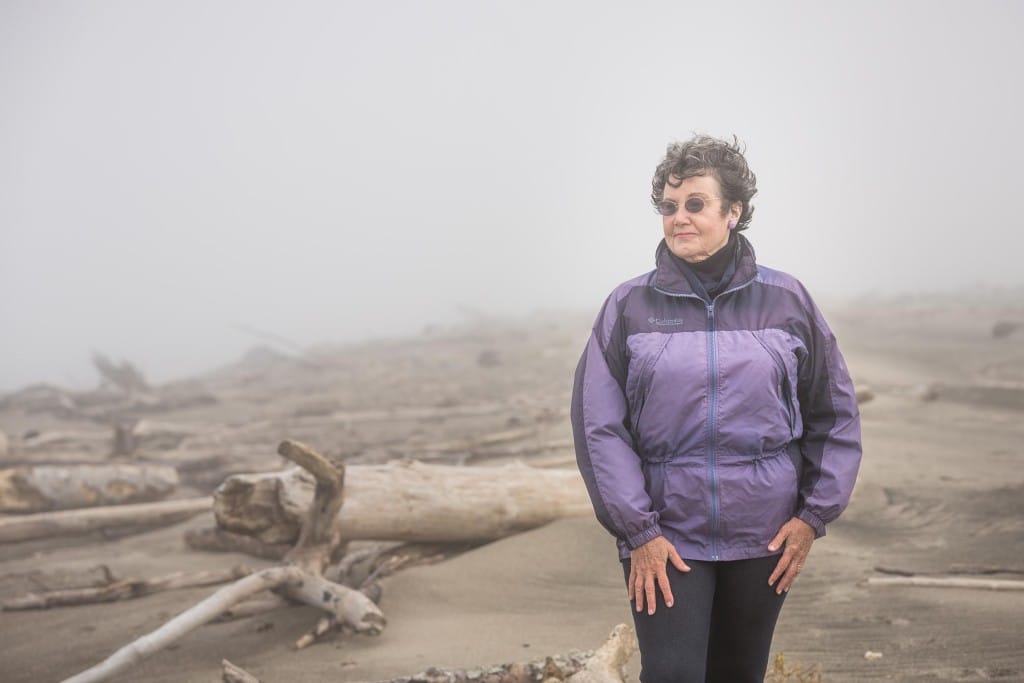
Author of Whitewashed Jacarandas
Diana Polisensky is a recluse living in the mangrove swamps of South Florida. When colonialism was still respectable she was born into a medical family and grew up in a swimming bath in Africa. She crossed the Atlantic as a young woman and experienced life on all three American coasts, ending her career in genetic engineering behind the hedges at Rice University in the Lone Star State.
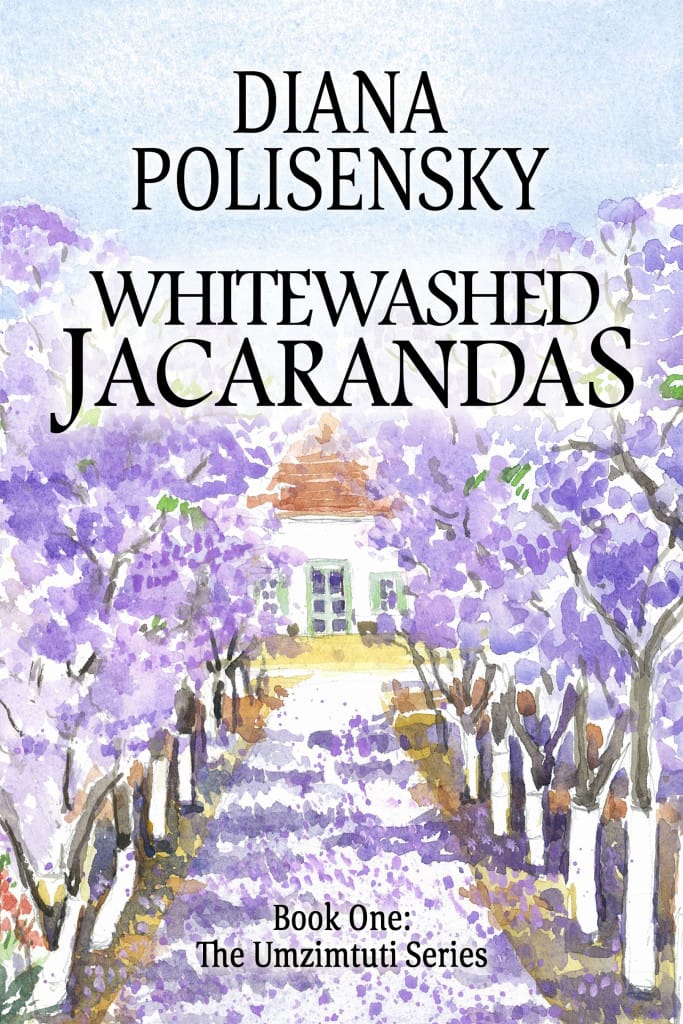
Whitewashed Jacarandas: Book One: The Umzimtuti Series
Hope looms in a vast land wide open with possibilities... Dr. Sunny Rubenstein travels the night train through the black void of Africa to check out his 51st job prospect on the rich Cheetah Gold Mine. Along the way he hears that the mine might be running out. But the appendage to it, Umzimtuti, the smallest municipality in the world, could be big—even King George VI will stop off for tea on his Victory Tour on the Royal White Train. The mine’s bonus is a free rambling house with the only indoor toilet in town. It’s the perfect antidote to his wife Mavourneen’s difficult war years with their ailing son, Douglas. Sunny cannot afford to lose a case in his first year to secure the post permanently. There’s plenty to challenge him. Early morning sick parade under the shadeless blue gum trees is followed by surgery, then on to afternoon clinics ending with calls to far-away farms and mud huts. Umzimtuti’s a town where poker stakes are high. Liquor flows freely at the Umzimtuti Hotel bar. Bullet holes in the wall attest to its wild past. Sunny will have to unseat the tight-fisted, short-sighted Mayor if Umzimtuti’s ever going to put in street lights, get rid of bucket toilets and the honeysuckle brigade so the town can capture the new surge in post-war industry. Sunny’s belief that competence, hope, hard work and idealism are enough will be sorely tested.
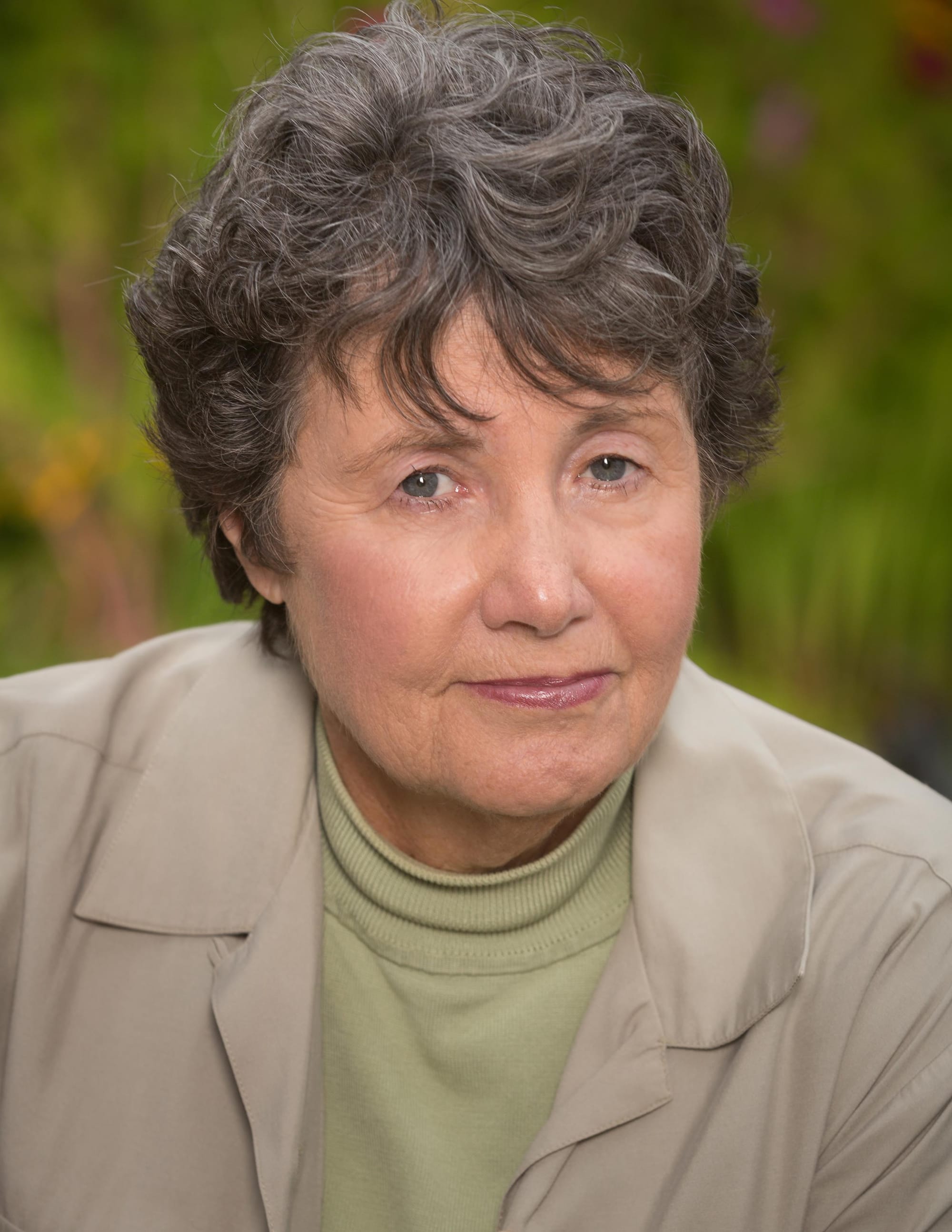
Diana's Biography
Diana was born in Salisbury, Southern Rhodesia into a medical family and grew up in a swimming bath in Que Que, the heart of Southern Rhodesia.
She emigrated to the United States of America in 1967 and became a US citizen in 1975. She has lived for extended periods on all three coasts and in between too, as well as sandwiching 4 years back in South Africa somewhere along the line.
She ended her career in genetic engineering behind the hedges at Rice University in the Lone Star State and retired to a tree house on the Central Oregon Coast in 2004. In 2018 she climbed down from there and moved to the mangrove marshes of South Florida.
Diana followed a career in Medical Technology, then Genetic Engineering, authoring and contributing to numerous scientific publications, with 1373 citations to date. She retired after thirteen years at Rice University, Houston, Texas. She is hard at work on her magnum opus, still plagued by that self-imposed exile from that place she once called home which does not exist anymore.
Southern Rhodesia was British then, but a self-governing settler colony. Her writing captures the wonderful days of innocence and idealism along with all the foibles and shortcomings of the folks in a small gold mining village, before Harold Macmillan’s "Wind of Change" swept down the length of Africa, in the early 60’s.
Whitewashed Jacarandas marks the first volume of a trilogy describing the mostly ignored burst of development that took place between the end of WWII and the onset of the crisis with Britain over the rise of African Nationalism in Southern Rhodesia which led to rebellion, civil war and finally the election of Robert Mugabe.
From Africa to America
Diana, born just after WWII, grew up in Que Que, a small mining town in Southern Rhodesia. It was an era of great expectations and idealism before the precipitate withdrawal by the British Government from its African territories. Her father was a Jewish doctor and her mother a gentile nurse. Diana trained at Salisbury Public Health Laboratories and Harare Hospital as a medical technologist. Newly married, she immigrated to the United States two years after the disastrous Declaration of Independence by Ian Smith in 1965. She has lived on all three coasts in the US, within the rimrocks of Billings, Montana and four years beside the gold dumps of Johannesburg, South Africa. She retired from Rice University initially to the Oregon coast, before moving to South Florida. Her two sons live in Boca Raton and Los Angeles.
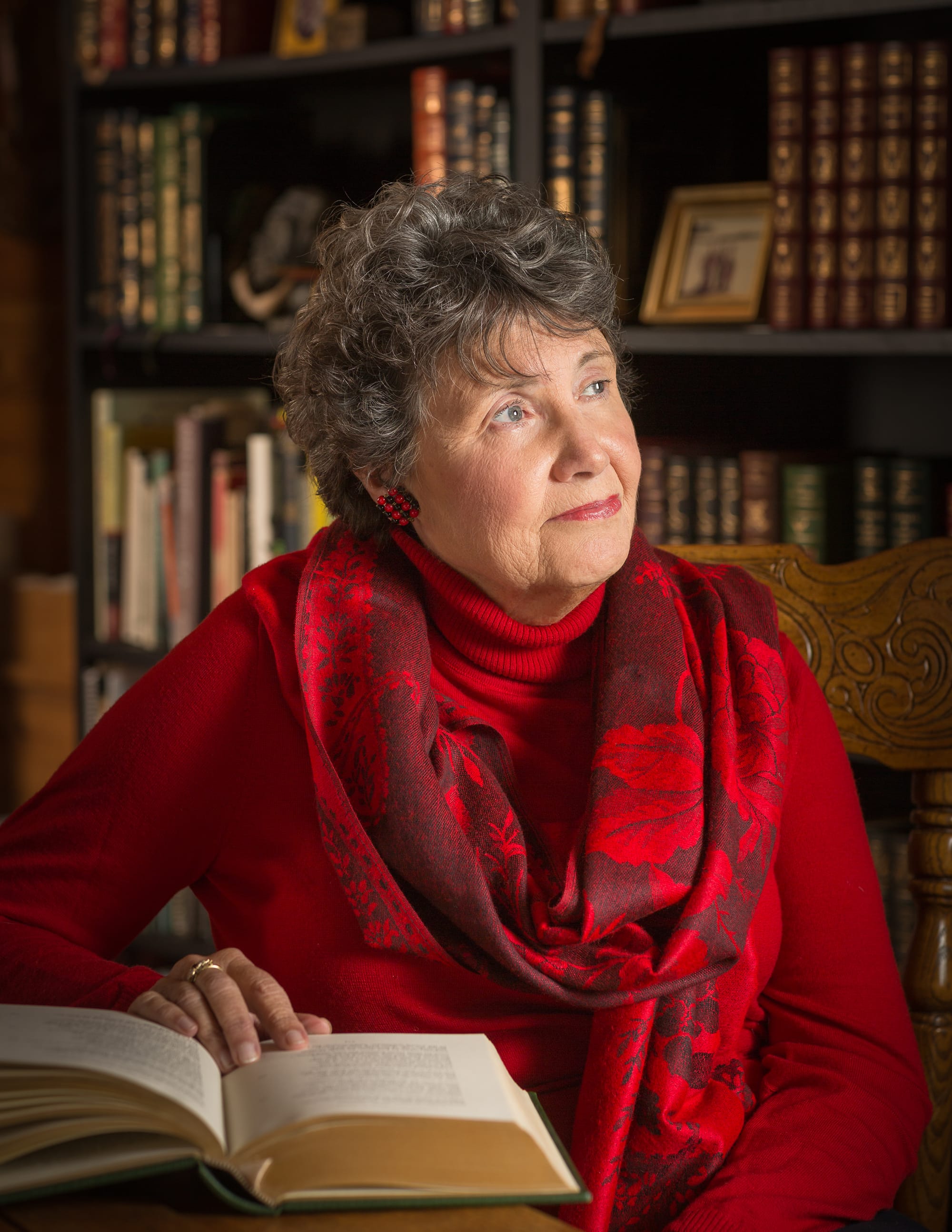
Speaker Introduction
Diana's Introduction Script for Events
Diana Polisensky (pronounced Pol-ish-SHEN-sky) was born and bred into a medical family in Southern Rhodesia and herself pursued a career first in medical technology and later in basic research in genetic engineering before she retired.
Whitewashed Jacarandas her historical African novel was ranked #2 on Amazon’s Hot New Releases when it first debuted. Whitewashed Jacarandas is based on the memoirs, short stories, letters and bits and pieces left her by her parents. Research at the Bodleian Library at Oxford uncovered 15 boxes of catalogued material of Sir Edgar Whitehead’s including a memoir of his early years. Her work was greatly enriched also by a number of memoirs of others entrusted to her by subscribers to her weekly blog oncecalledhome posted over three and a half years and is held together by a healthy dose of imagination and just a touch of farce here and there. It has been a long labor of love and reflects a productive and idealistic time in Africa that has been largely overlooked. Let’s give Diana a warm welcome…
Fun Facts
- Born and bred in a thirsty land Diana loves the water. She grew up in a swimming bath and has snorkeled in Lake Nyasa; surfed on the Wild Coast of South Africa; dived the rose coral fields of Wakatobi, Indonesia; but is finally content to walk the edge of the Atlantic every evening.
- When the science was new she pioneered the transformation of the glow gene from the firefly into a weed and tracked its movement with an $80,000 camera.
- She discovered an anti-freeze gene in a plant, took out a patent and hoped to revolutionize the agricultural world–but nature was not that easily fooled.
- Now retired and confined to a deck garden she grows a few pots of this and that in the short Florida winter.
- Once an avid bird watcher traveling far and wide in search of another bird to check off her life list, Diana is now content to watch the pelicans and vultures overhead, and the lone osprey surveying the Intracoastal Waterway.
- She makes the world’s best shortbread (its Matron Griffin’s recipe from the archives of the New Government Hospital).
Interview Questions
- What was the inspiration for the title for this book?
- Tell us about Whitewashed Jacarandas.
- What motivated you to write Whitewashed Jacarandas?
- There’s been a lot written about the struggle for Southern Rhodesia’s independence and the Mugabe rule of Zimbabwe that followed. Why did you choose to write about the post WWII era in Africa?
- In the book the school motto Non Sibi Sed Omnibus (Not for Ourselves but for All) is embraced by a number of characters including Princess Elizabeth. Where did inspiration for this come from?
- Why do you think this period in the country’s history is of importance?
- Your research for this project is amazing. What effect has your research had on your life?
- The author’s biography mentions that you received much input from your short story readers on www.oncecalledhome. How did this influence the book?
- What has been the reaction to the story from expats?
- What are your hopes for this book and its sequels?
Photos of Diana
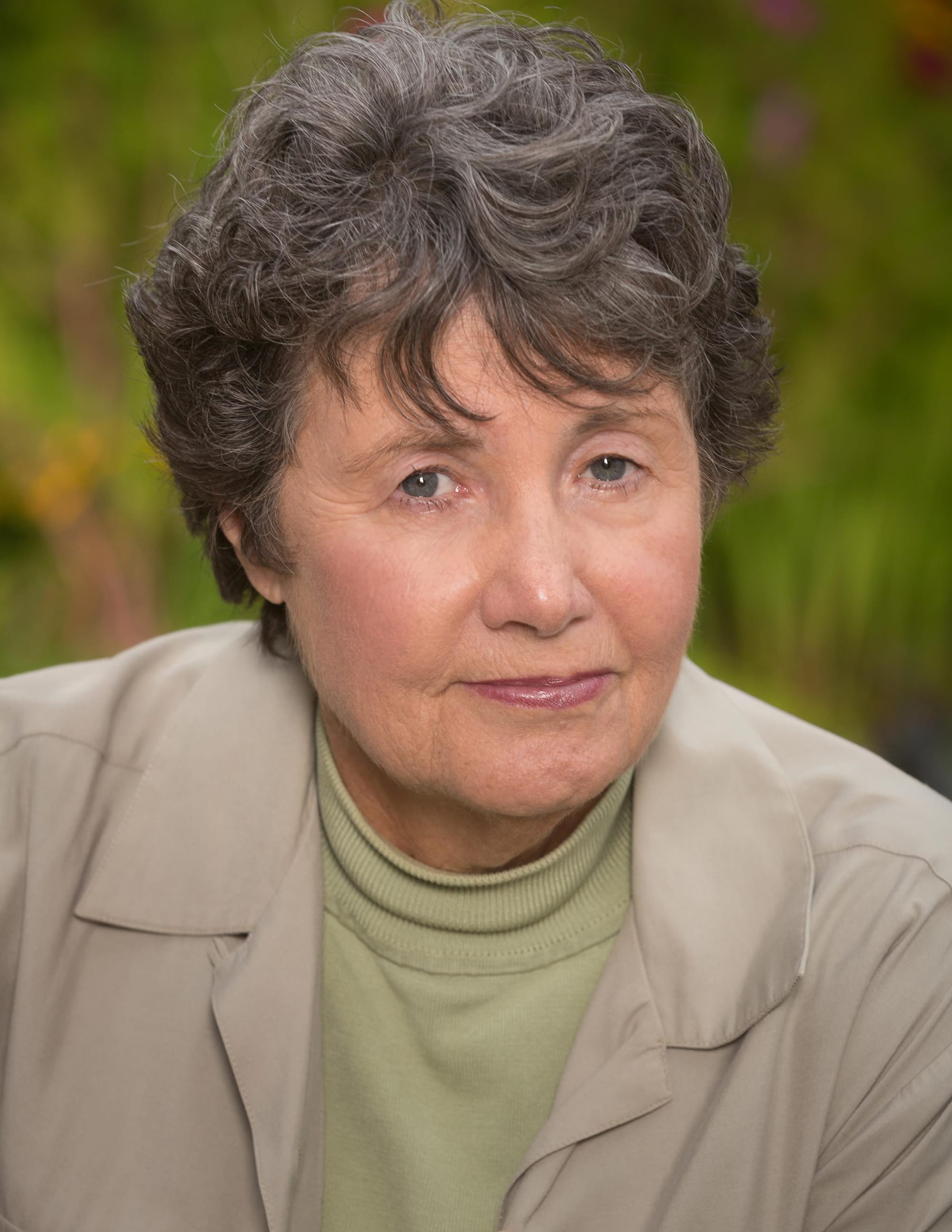
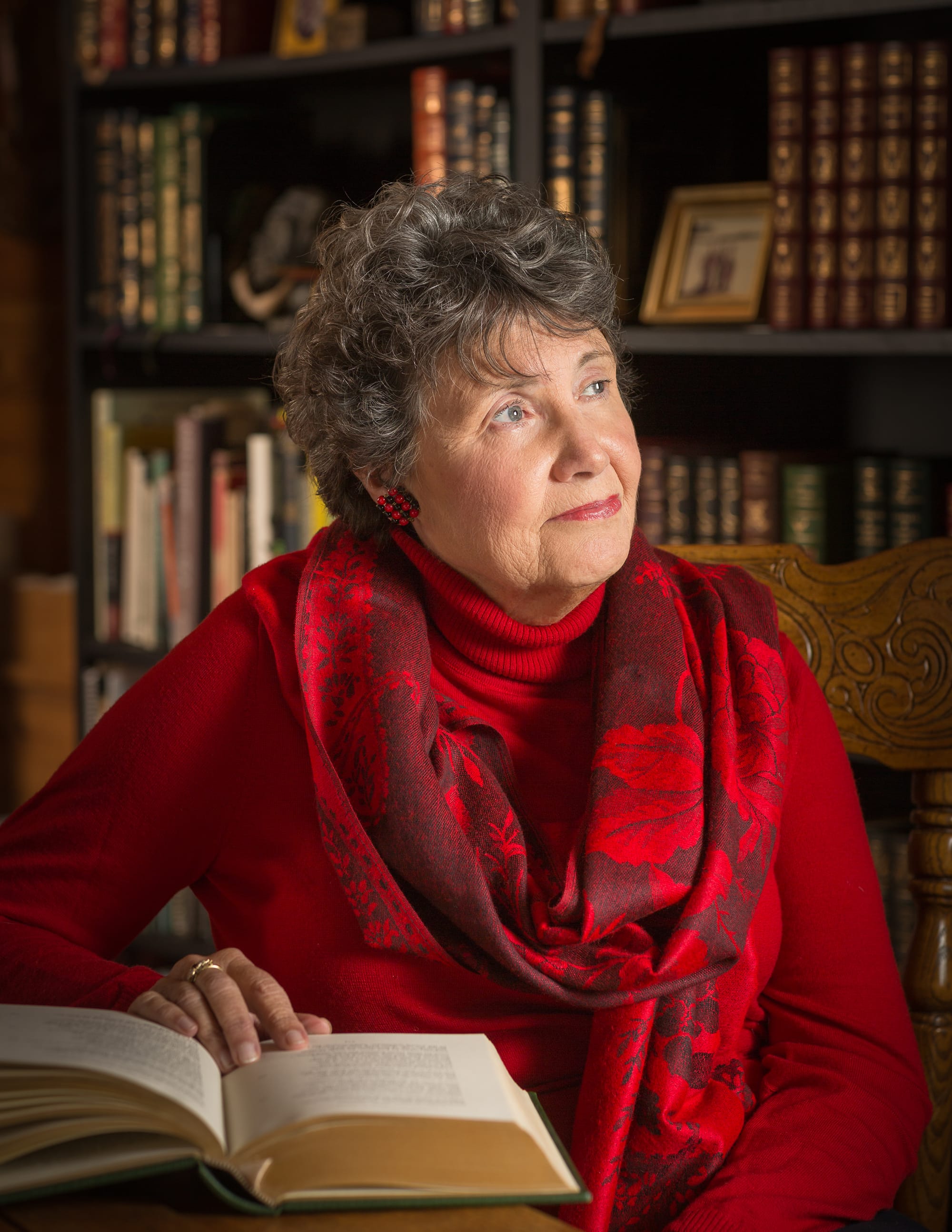
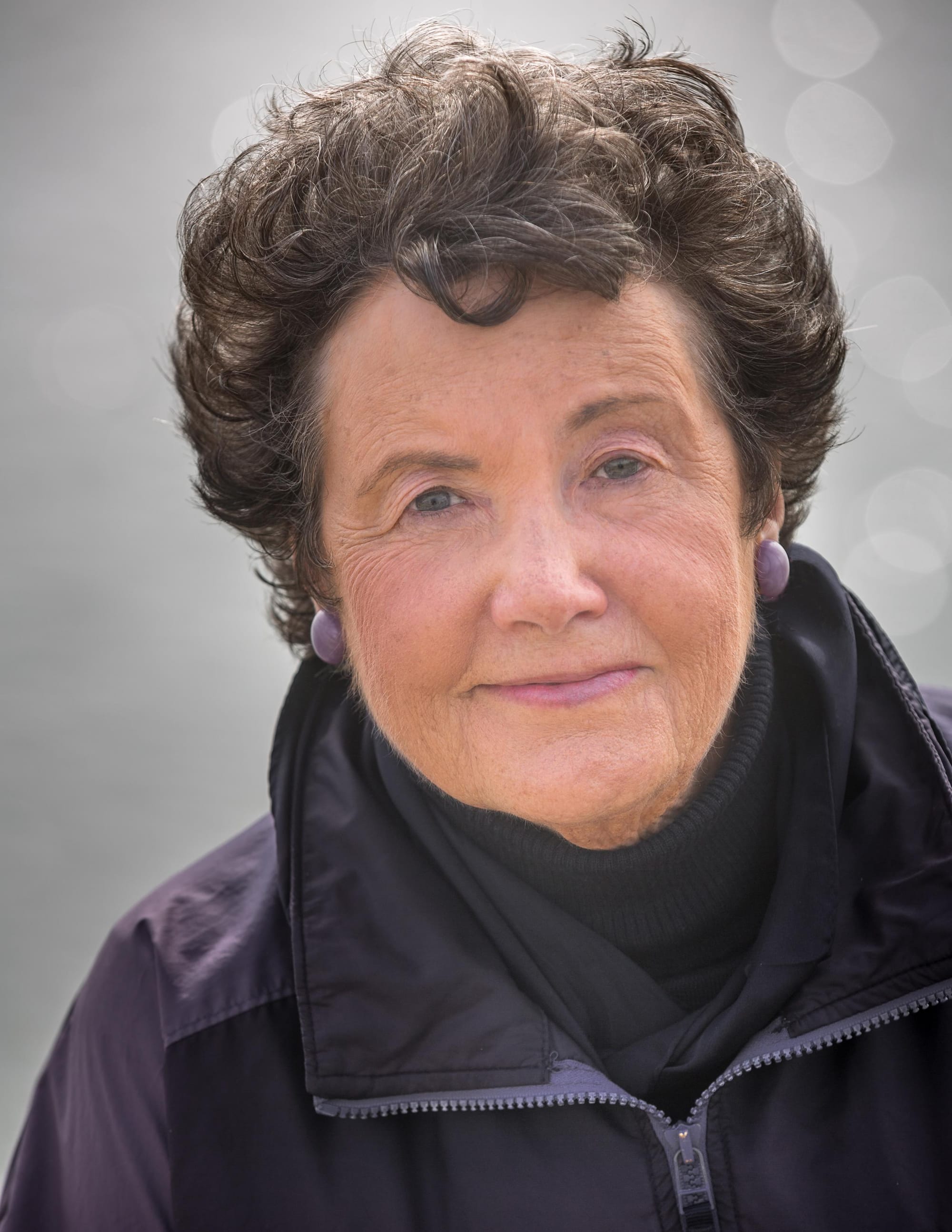
Diana's Images for Press and Events